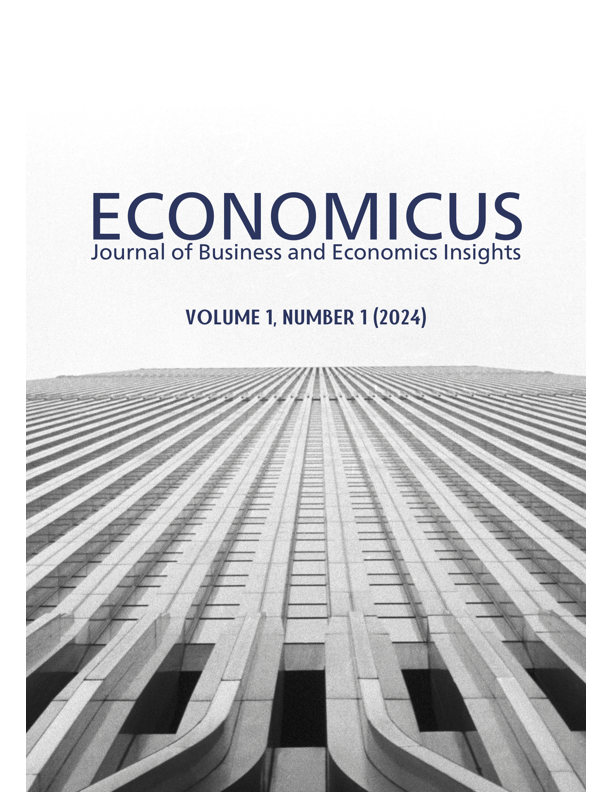Determinants of growth intention in SMEs: Analysis from the perspective of owners or managers
Keywords:
Growth intention, Entrepreneurial orientation, Attitudes, Subjective norms, Perceived control, SMEsAbstract
This paper proposes a model of growth intention of SMEs based on an entrepreneurial approach. In particular, the general objective of this work was to analyze the factors that determine the business growth intention of SMEs from the perspective of the individual decision-maker (owner or manager), utilizing the Theory of Planned Behavior as a theoretical framework. The paper analyzed the information obtained from a sample of 254 Mexican SMEs that were at least two years old. The PLS analyses confirmed that the business growth intention was positively influenced by the attitude towards growth and the perceived control. In contrast, the subjective norm did not directly influence the growth intention, although the empirical evidence confirmed an indirect effect of this variable on the growth intention by way of both variables: attitude and perceived control (0.54; p<0.01). For its part, entrepreneurial orientation had a positive influence on perceived control, although there was no significant impact on attitude towards growth. Accordingly, there was also empirical evidence to support the indirect effect of entrepreneurial orientation on growth intention, in this case through the perceived control over business growth.
Downloads
Downloads
Published
How to Cite
-
Abstract86
-
PDF40
Issue
Section
License
Copyright (c) 2024 Economicus Journal of Business and Economics Insights

This work is licensed under a Creative Commons Attribution-NonCommercial 4.0 International License.










